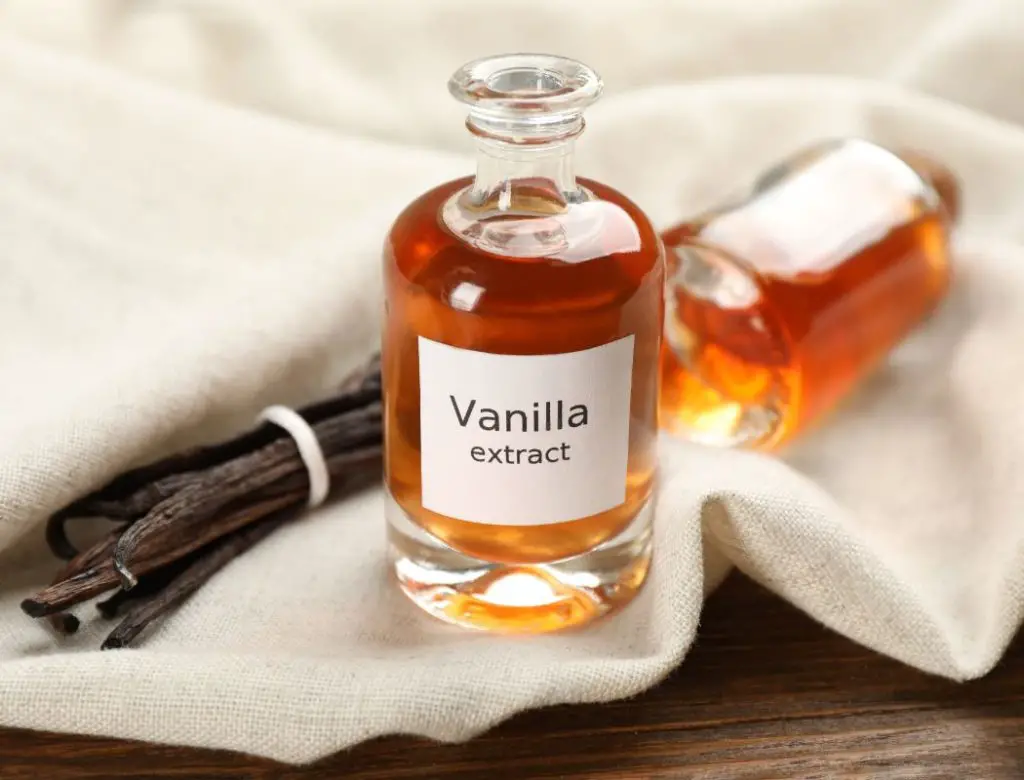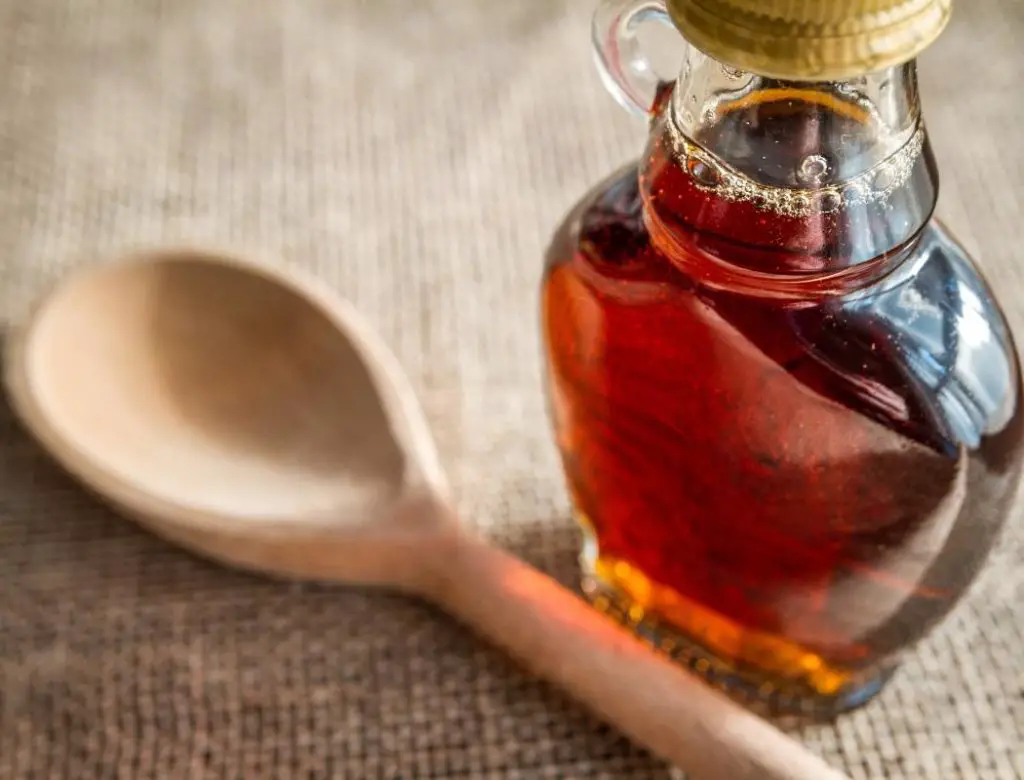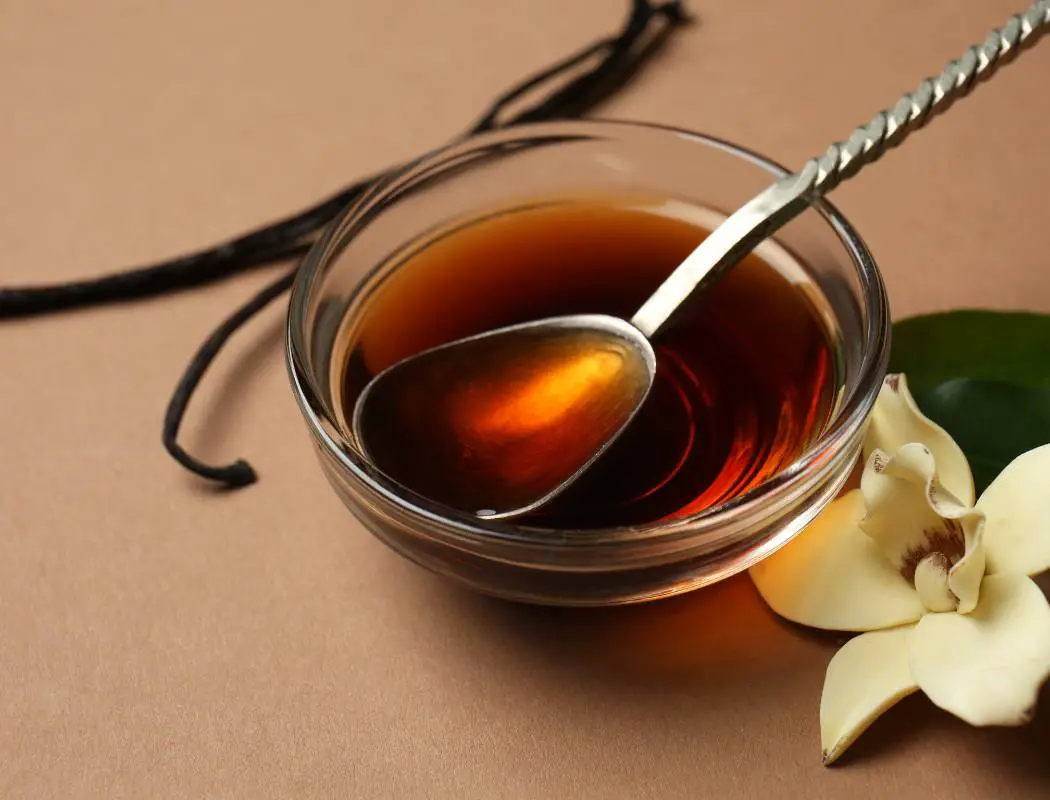Is vanilla low histamine? Vanilla is a beloved flavor used in food and beauty products for centuries. You might take adding vanilla to baked goods for granted, but if you have histamine intolerance, you have to be aware of the histamine content of all the foods you eat.
Histamine is a chemical your body produces in response to allergens and causes allergic reactions. If you are sensitive to histamine, you may wonder if vanilla is safe to add to your recipes, and whether it’s safe to buy packaged products that could be flavored with vanilla.
With histamine intolerance, you don’t break down histamine as easily as someone without this condition. The key to taming the symptoms of histamine intolerance is to limit the amount of histamine that accumulates in your body from dietary sources.
That’s why scrutinizing food ingredients and knowing what contains histamine matters.
Is Vanilla Low Histamine?
Vanilla is controversial in the histamine community. Vanilla is a flavor derived from the seed pods of the vanilla orchid. It is commonly used in food and beauty products and is generally safe for most people to consume.
However, there is debate about whether vanilla is low in histamine or not. Some experts believe vanilla is a low-histamine food, meaning it contains only a small amount of histamine. This is because vanilla is not known to trigger histamine intolerance symptoms.
However, this does not mean vanilla is completely free of histamine or that it can’t trigger symptoms in susceptible people.
Why Vanilla Extract May Contain Histamine
Vanilla is a fermented food, which undergoes a natural fermentation process during production. (1) Fermentation can increase the histamine content of foods, making them problematic if you can’t break down histamine easily.
When you pick up a container of vanilla extract at the grocery store, you’re getting a product that contains at least 35% ethyl alcohol and at least 100 grams of vanilla beans per liter. These are the guidelines set by the Food and Drug Administration for vanilla extract. (2)
Histamine is a type of biogenic amine, of which there are others. Examples of other biogenic amines are tyramine, serotonin, dopamine, and norepinephrine. (4)
These compounds are involved in various functions in the body, including regulating mood, appetite, and sleep, as well as controlling blood pressure and heart rate.

If you have histamine intolerance, you may also be sensitive to other biogenic amines. One concern about vanilla and bioactive amines is the processing vanilla undergoes.
As mentioned, vanilla undergoes fermentation, which can produce biogenic amines. The amount of biogenic amines produced depends on how long the product ferments and the conditions surrounding fermentation. (3)
So, one bottle of vanilla extract could contain a small quantity of biogenic amines, and another could contain more due to different fermentation conditions. Plus, a bottle of vanilla extract isn’t just vanilla.
It may contain other ingredients, including:
- Propylene glycol
- Glycerin
- Sugar
- Corn syrup
One of these ingredients, propylene glycol, can cause allergic contact dermatitis in people who consume it by mouth. (8) So, it’s unclear whether propylene glycol contains histamine itself, but it can trigger allergic reactions in some people.
Be Cautious with Vanilla Extract
So, what does all this mean for you? If you are sensitive to histamine, exercise caution when consuming vanilla. While vanilla is generally safe for most people, it’s always a good idea to listen to your body and pay attention to any symptoms that may arise.
If you are unsure whether you are sensitive to histamine, there are a few things you can do to test your sensitivity.
One option is to keep a food diary and track your symptoms after consuming certain foods. This can help identify any patterns and triggers that may be causing your symptoms.
Keeping a food diary is the most important step to identify triggers for histamine intolerance symptoms.
From my experience talking to patients, I have found that most people don’t feel like vanilla triggers their histamine intolerance symptoms.
But because we know so little about the histamine and biogenic amine content of vanilla, and because it’s a fermented product, it could trigger symptoms for some.
Plus, the amount of biogenic amines in vanilla may vary depending upon the manufacturer.On the other hand, when you add vanilla extract to recipes, it’s usually a small amount and, in most cases, not enough to cause a histamine flare-up.
Vanilla Could Have Health Benefits Too
On the plus side, vanilla extract contains vanillin, a phenol in vanilla beans. Vanillin has antioxidant and anti-inflammatory benefits. (6)
That could be beneficial if you have histamine intolerance, but these benefits may be offset by the negative effects of biogenic amines in some bottles of vanilla extract.
Plus, at least in humans, there’s no evidence that vanilla offers specific health benefits.

Are There Low-Histamine Substitutes for Vanilla Extract?
Healthline.com mentions some substitutes for vanilla extract, but not all of them are low in histamine. One they recommend as a substitute low in histamine is maple syrup.
They suggest replacing each tablespoon of vanilla in a recipe with a tablespoon of real maple syrup. (7)
Make sure the maple syrup is genuine (most is not). Most of the maple syrup at the grocery store is refined sugar with flavorings. Ensure you’re buying pure maple syrup. Otherwise, you could get additives that aren’t low in histamine.
Vanilla and Histamine Intolerance
Is vanilla low histamine? Whether vanilla is low in histamine or not is complex, with no clear answer. While some experts believe vanilla is low histamine, others believe it may contain moderate to high levels of histamine. So, what should you do?
If you’re sensitive to histamine, exercise caution when consuming vanilla and other foods that may contain histamine.
Keeping a food diary, speaking with a healthcare provider or allergist, and avoiding high-histamine foods may help you manage your histamine sensitivity and avoid allergic reactions.
Now, find out whether sugar is low histamine.
References:
- BY STAFF WRITER . “Forbes: Why Fermenting Vanilla Is Good For Consumers, Environment & Economy”. 2023. Fermentationassociation.Org. https://fermentationassociation.org/forbes-why-fermenting-vanilla-is-good-for-consumers-the-environment-and-the-economy/.
- “CFR – Code of Federal Regulations Title 21”. 2023. Www.Accessdata.Fda.Gov. https://www.accessdata.fda.gov/scripts/cdrh/cfdocs/cfcfr/cfrsearch.cfm?fr=169.175.
- Doeun D, Davaatseren M, Chung MS. Biogenic amines in foods. Food Sci Biotechnol. 2017 Dec 13;26(6):1463-1474. doi: 10.1007/s10068-017-0239-3. PMID: 30263683; PMCID: PMC6049710.
- “Biogenic Amine – an overview | ScienceDirect Topics.” https://www.sciencedirect.com/topics/neuroscience/biogenic-amine.
- Wójcik W, Łukasiewicz M, Puppel K. Biogenic amines: formation, action and toxicity – a review. J Sci Food Agric. 2021 May;101(7):2634-2640. doi: 10.1002/jsfa.10928. Epub 2020 Dec 12. PMID: 33159318.
- “6 Benefits of Vanilla Extract and Vanilla Beans – Healthline.” 19 Aug. 2021, https://www.healthline.com/nutrition/vanilla-extract-benefits.
- “7 Best Substitutes for Vanilla Extract – Healthline.” 30 Jul. 2021, https://www.healthline.com/nutrition/vanilla-extract-substitute.
- Tocci EM, Robinson A, Belazarian L, Foley E, Wiss K, Silvestri DL. Excipients in Oral Antihistamines Can Perpetuate Allergic Contact Dermatitis. Pediatr Dermatol. 2015 Nov-Dec;32(6):e242-4. doi: 10.1111/pde.12668. Epub 2015 Sep 4. PMID: 26381657.

